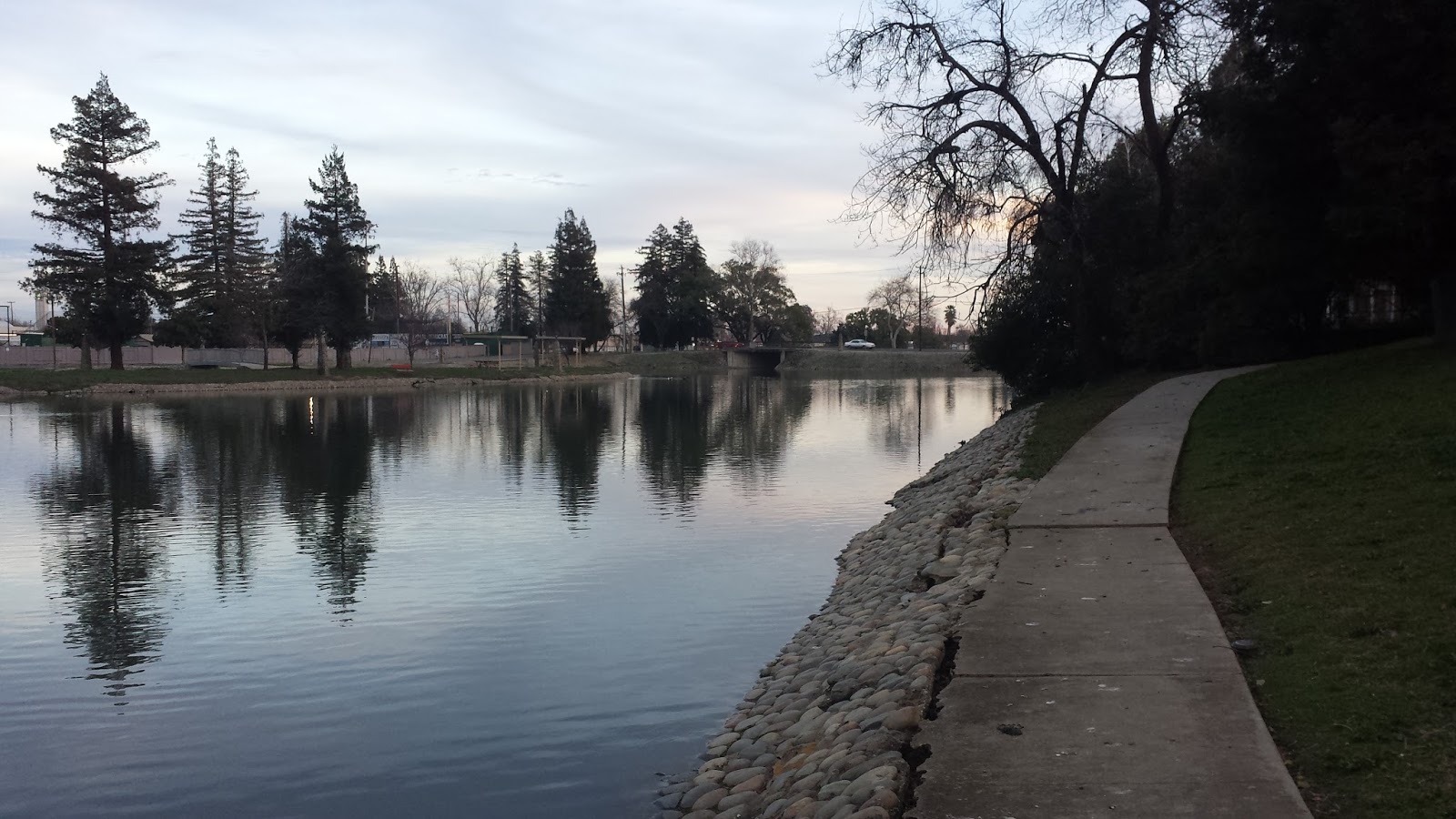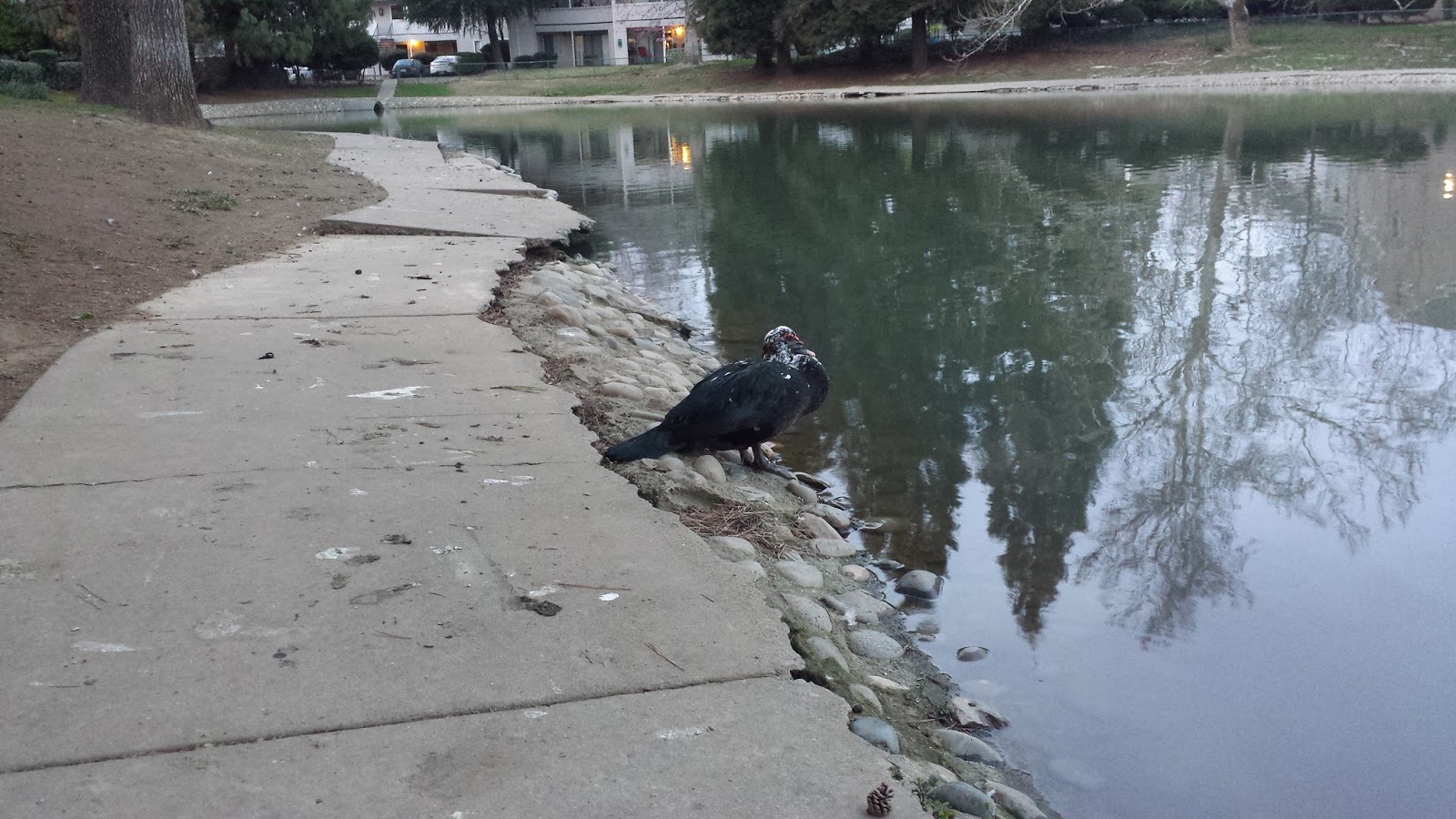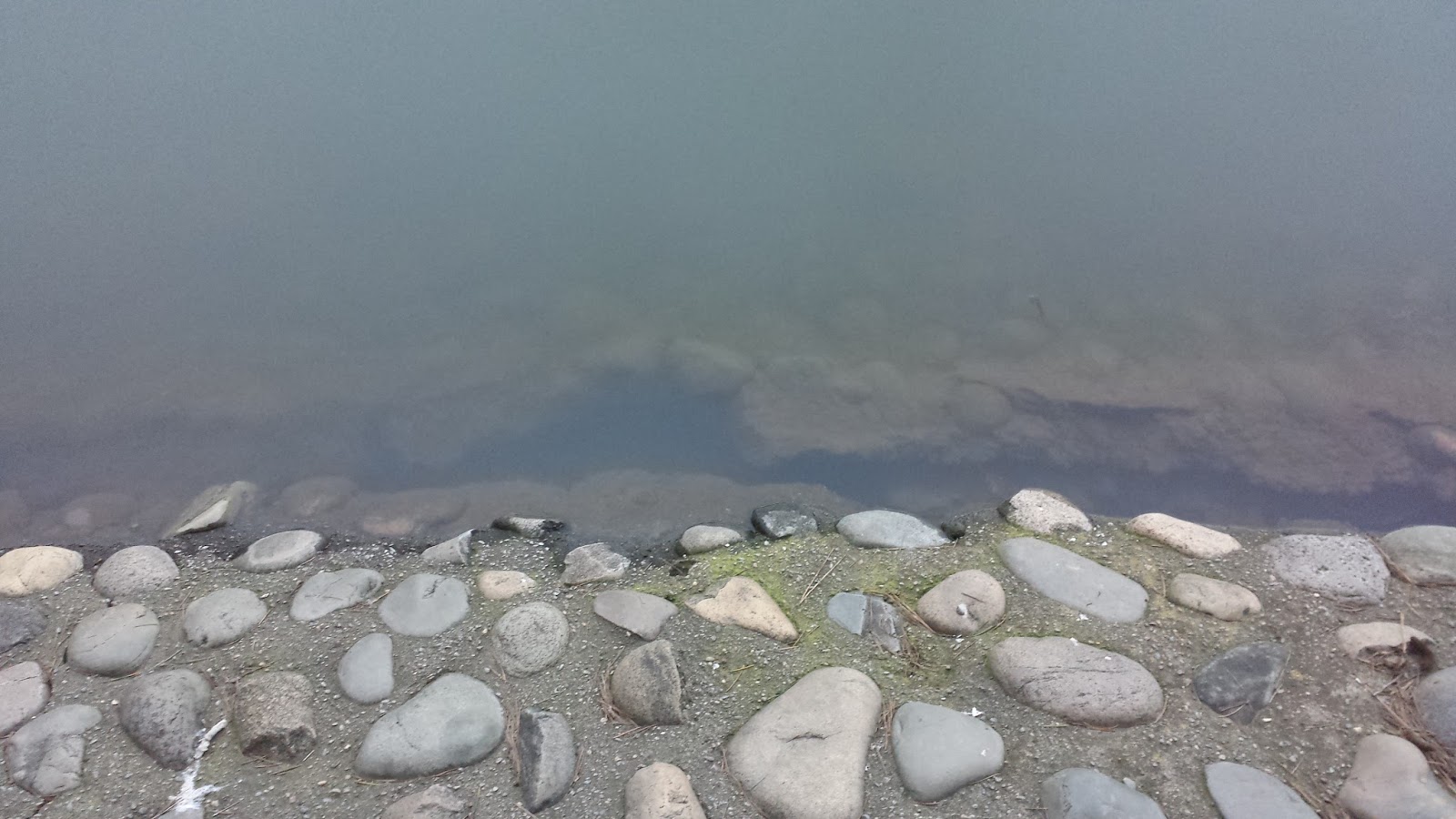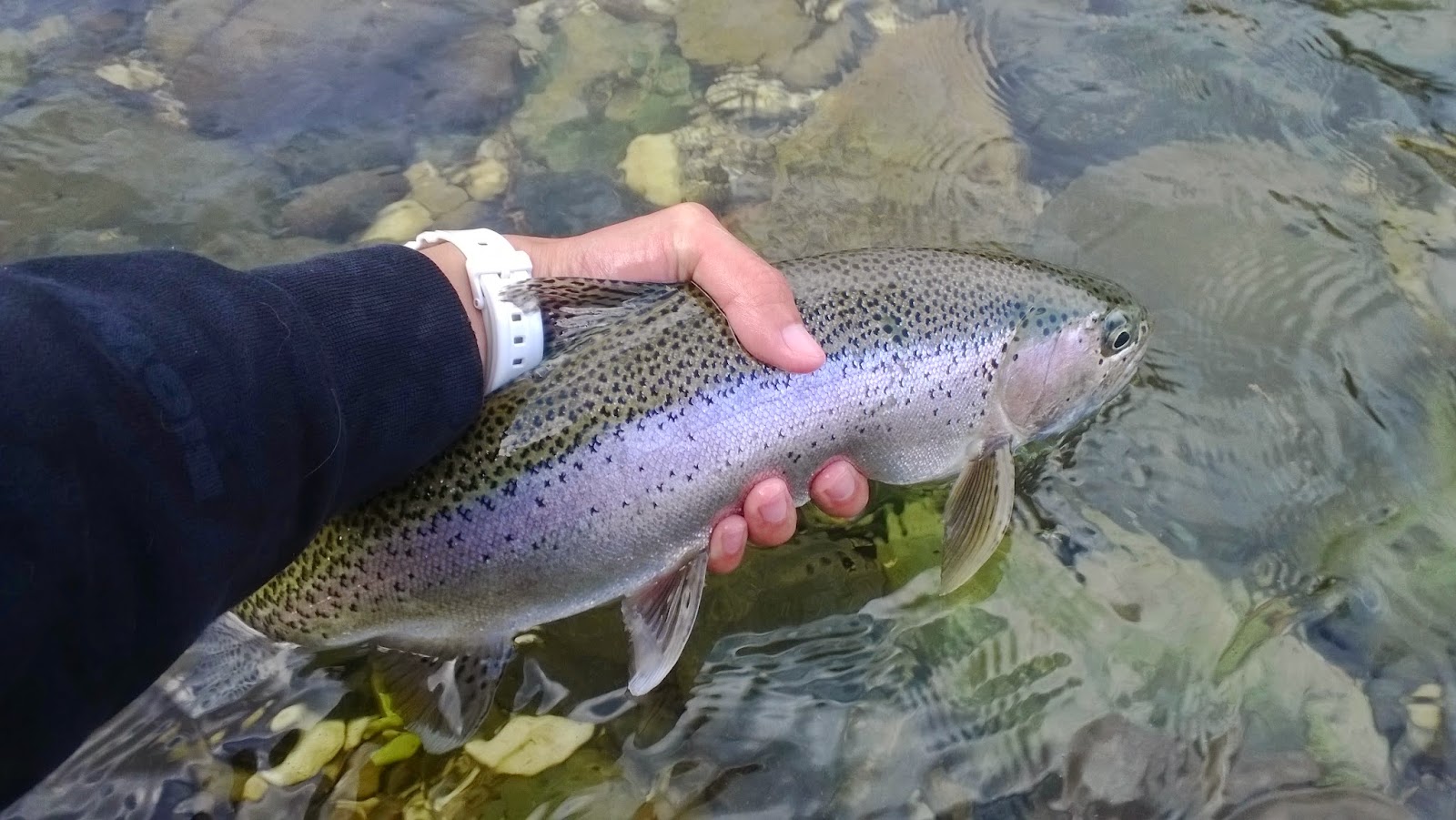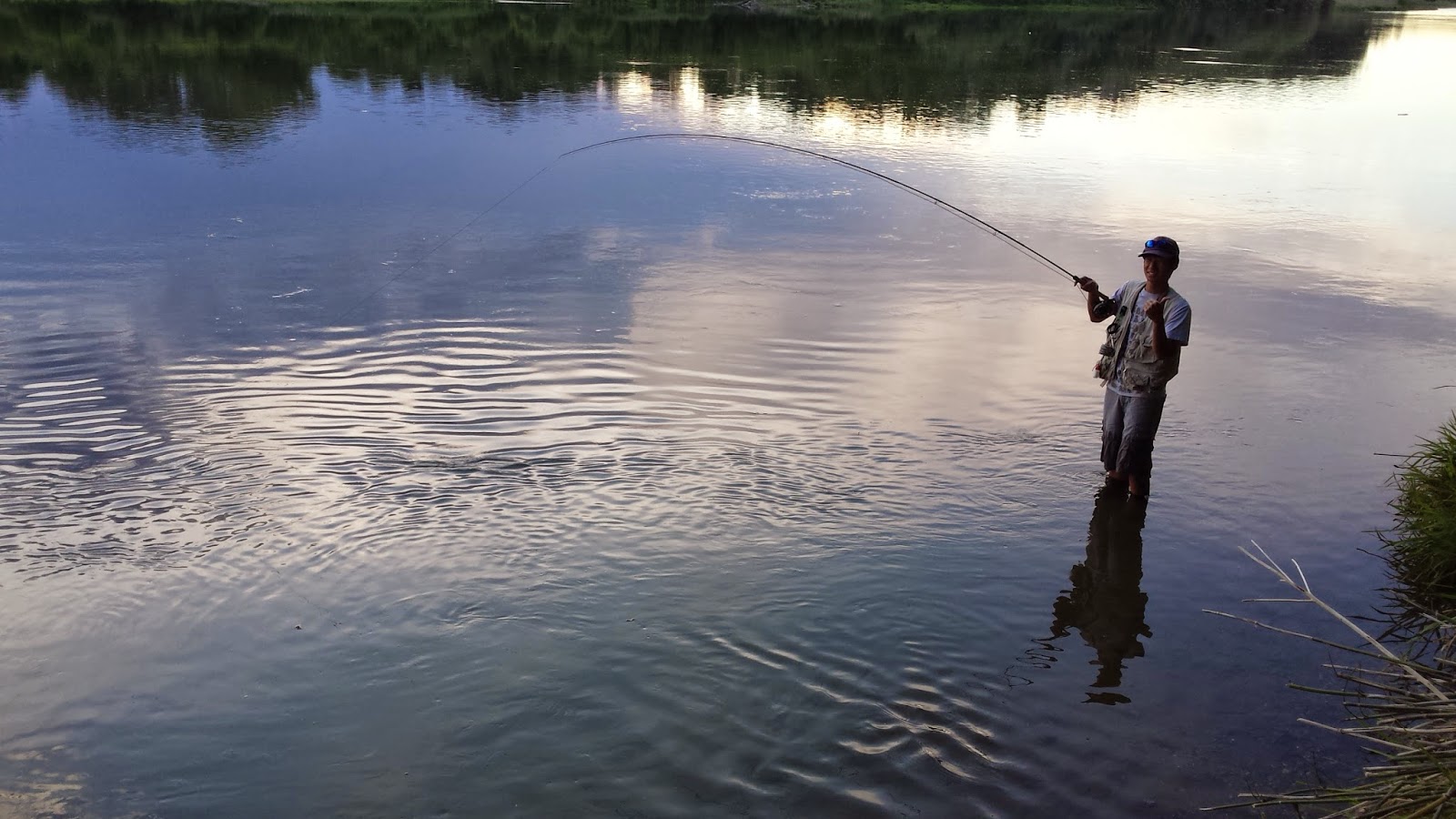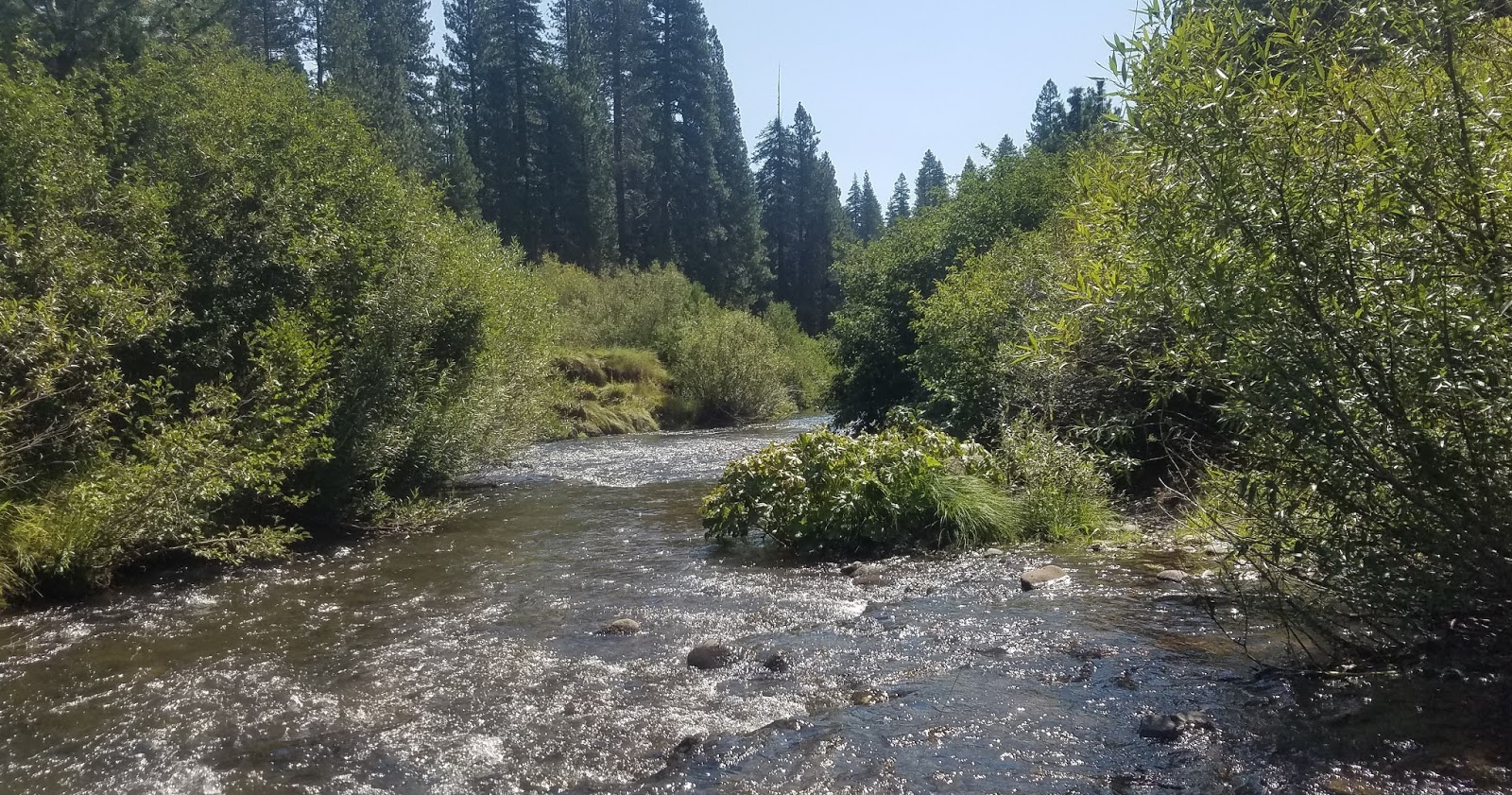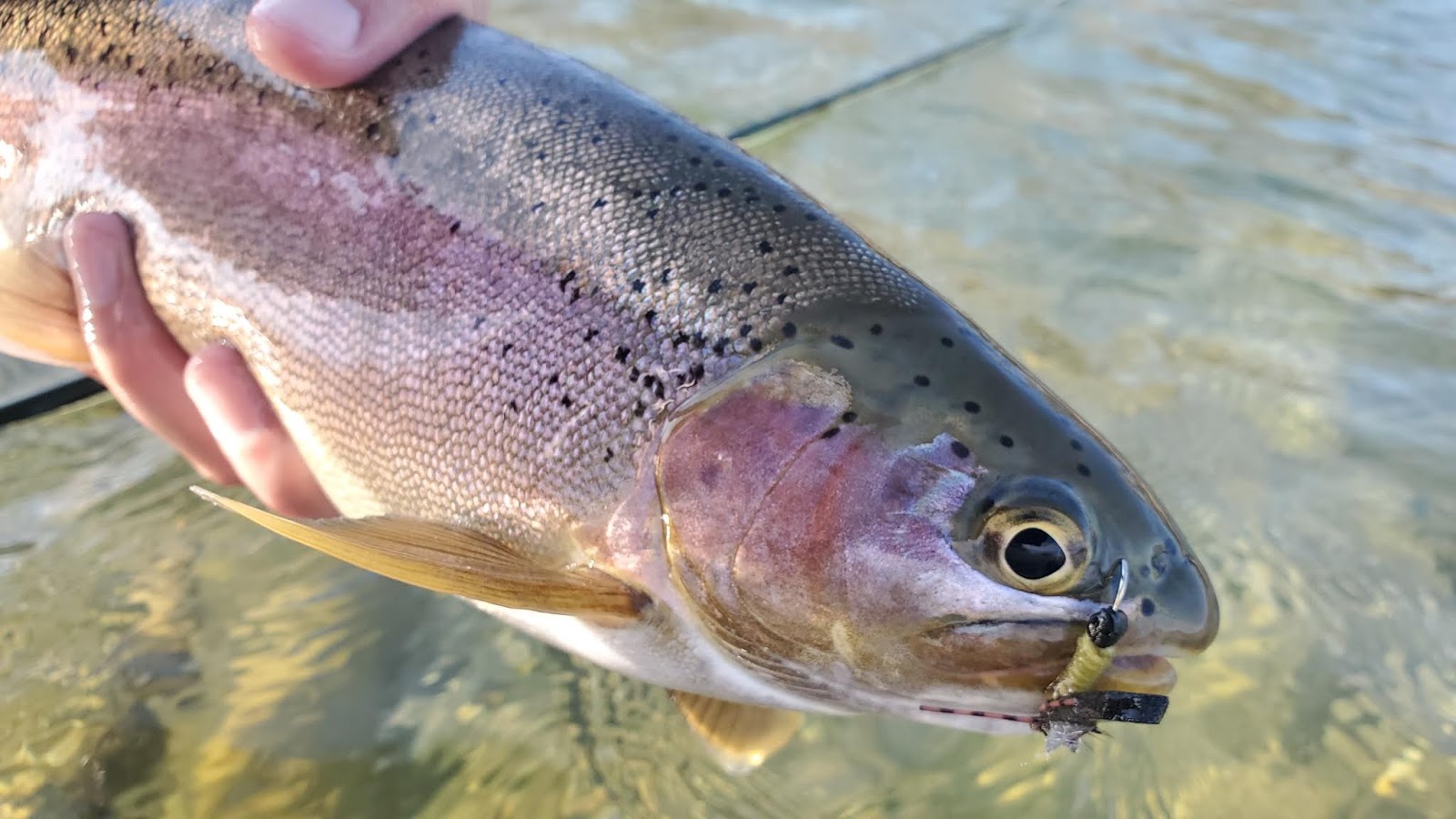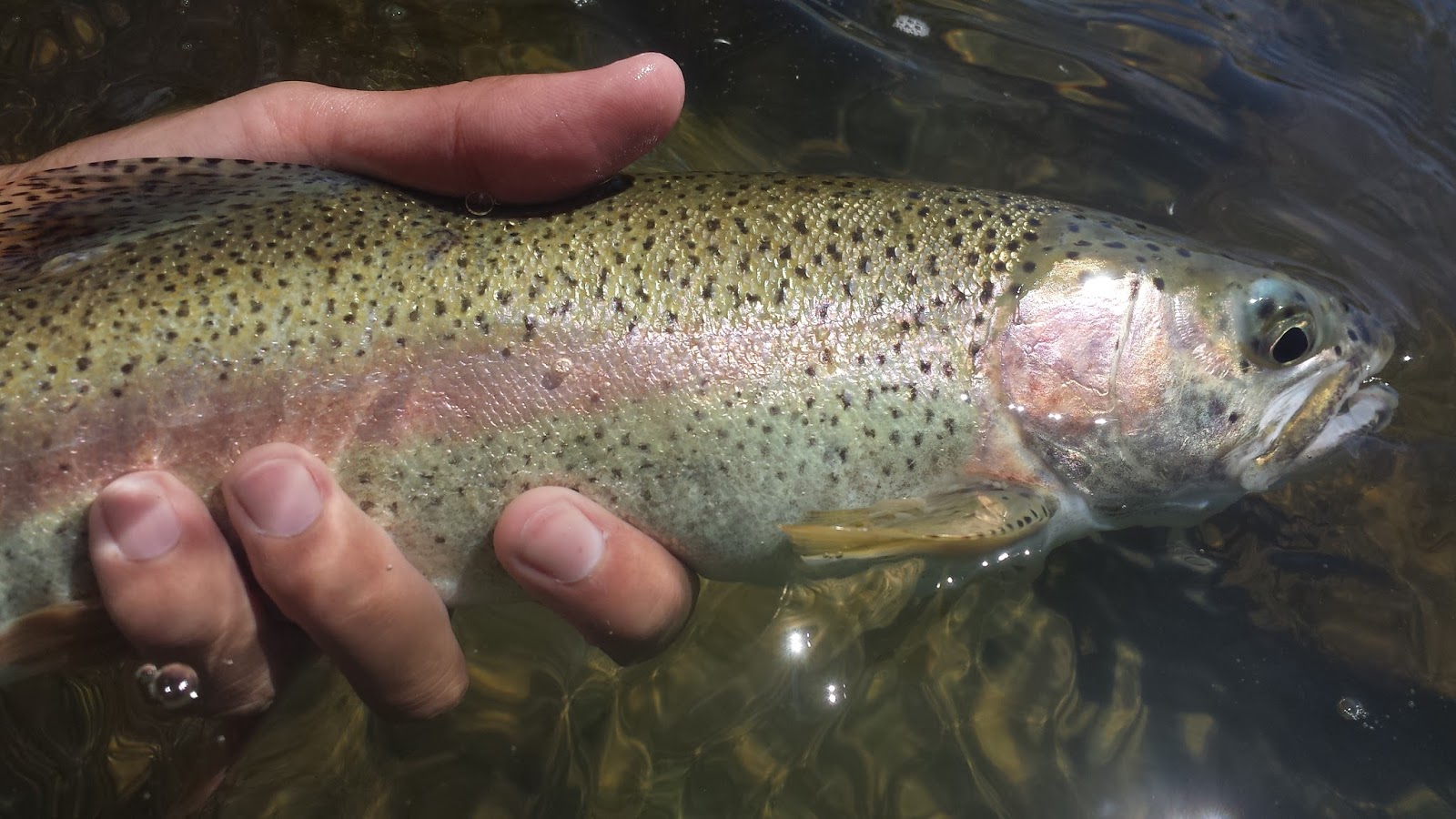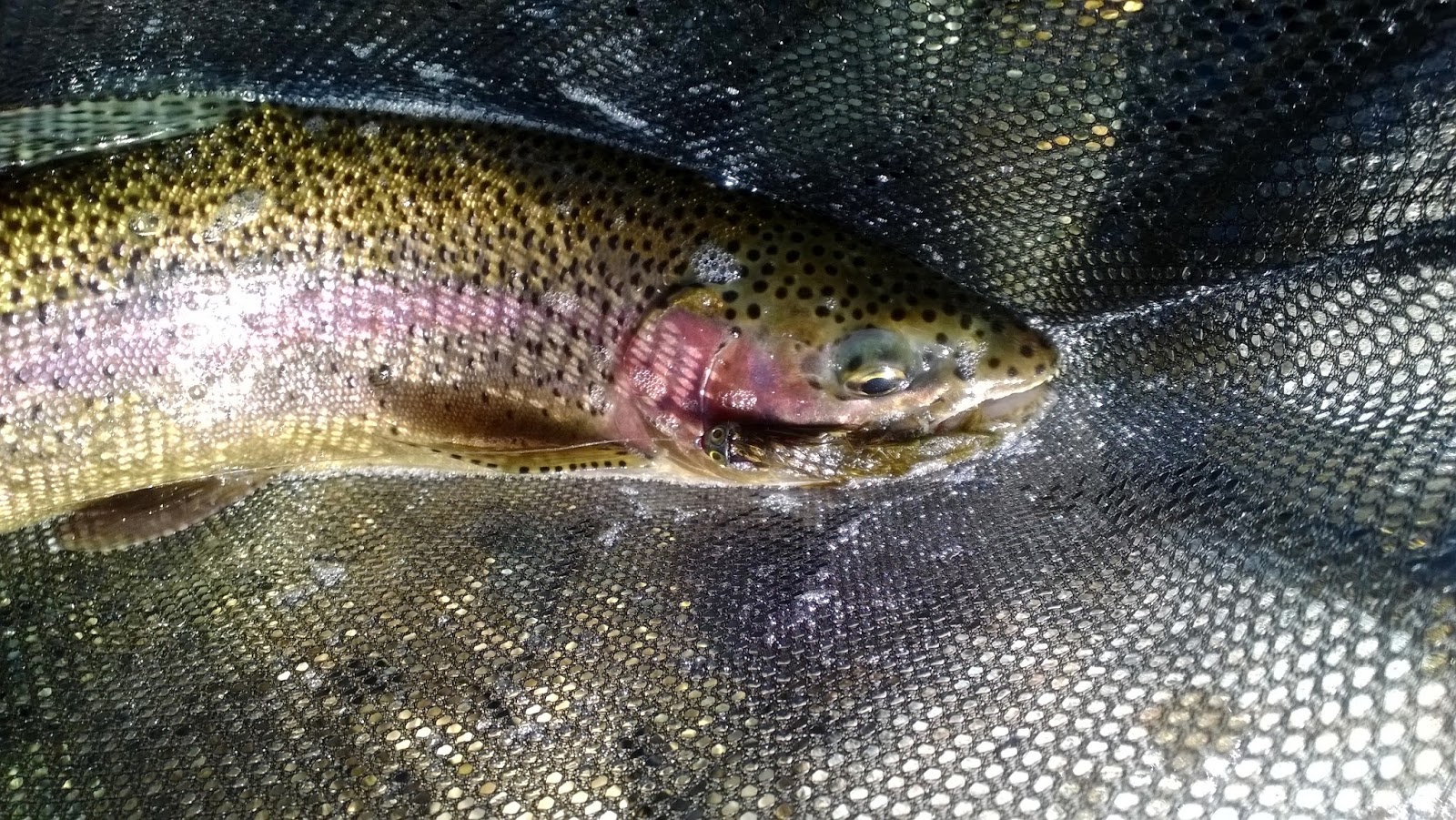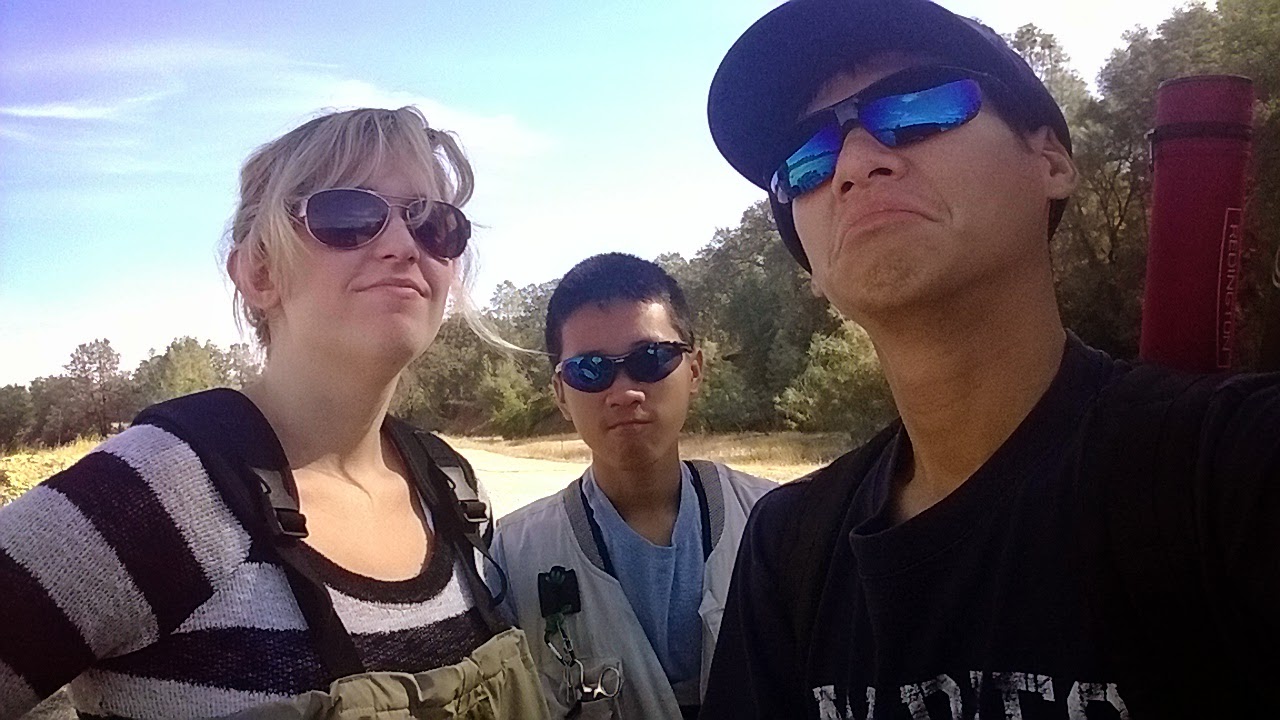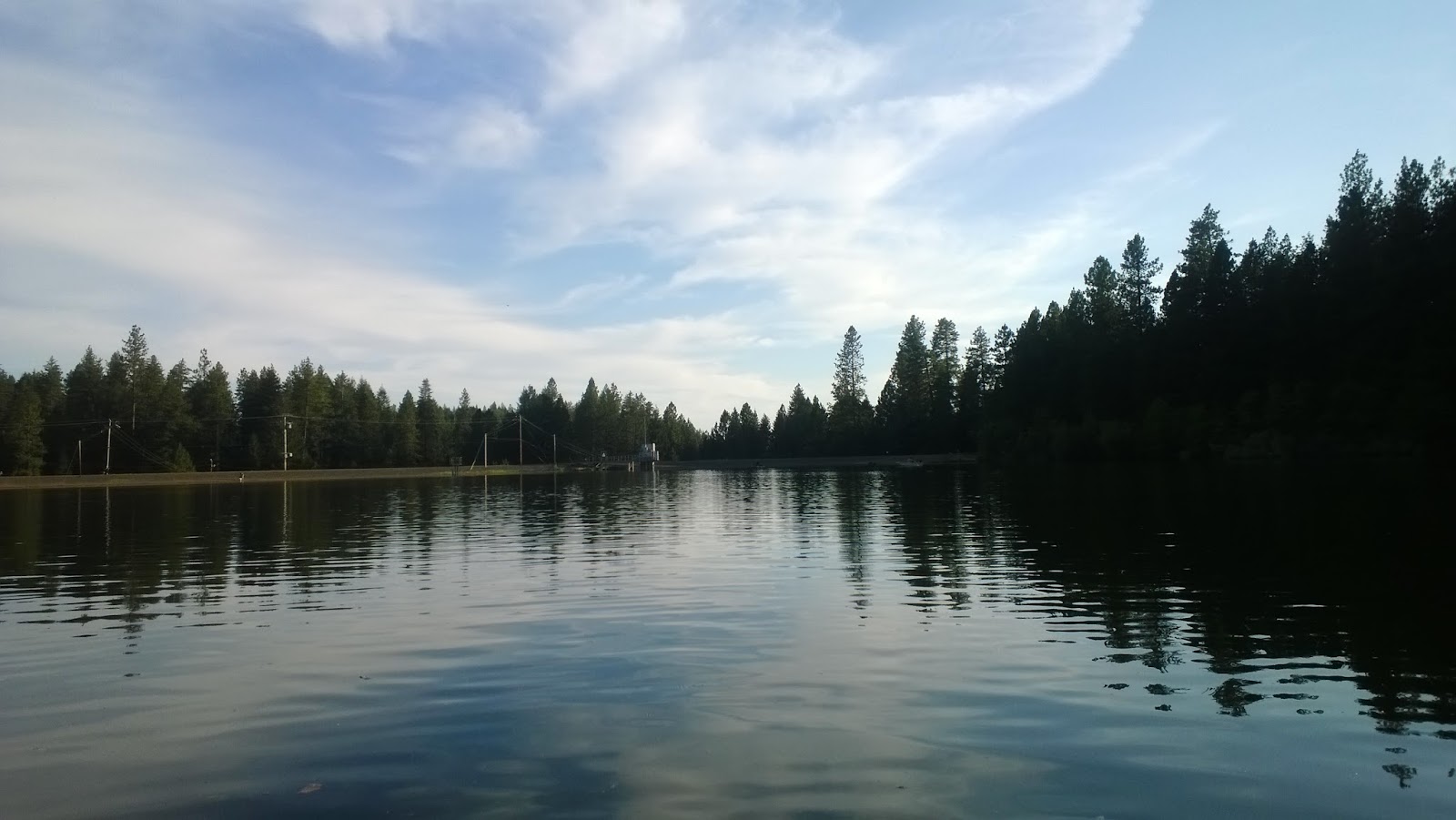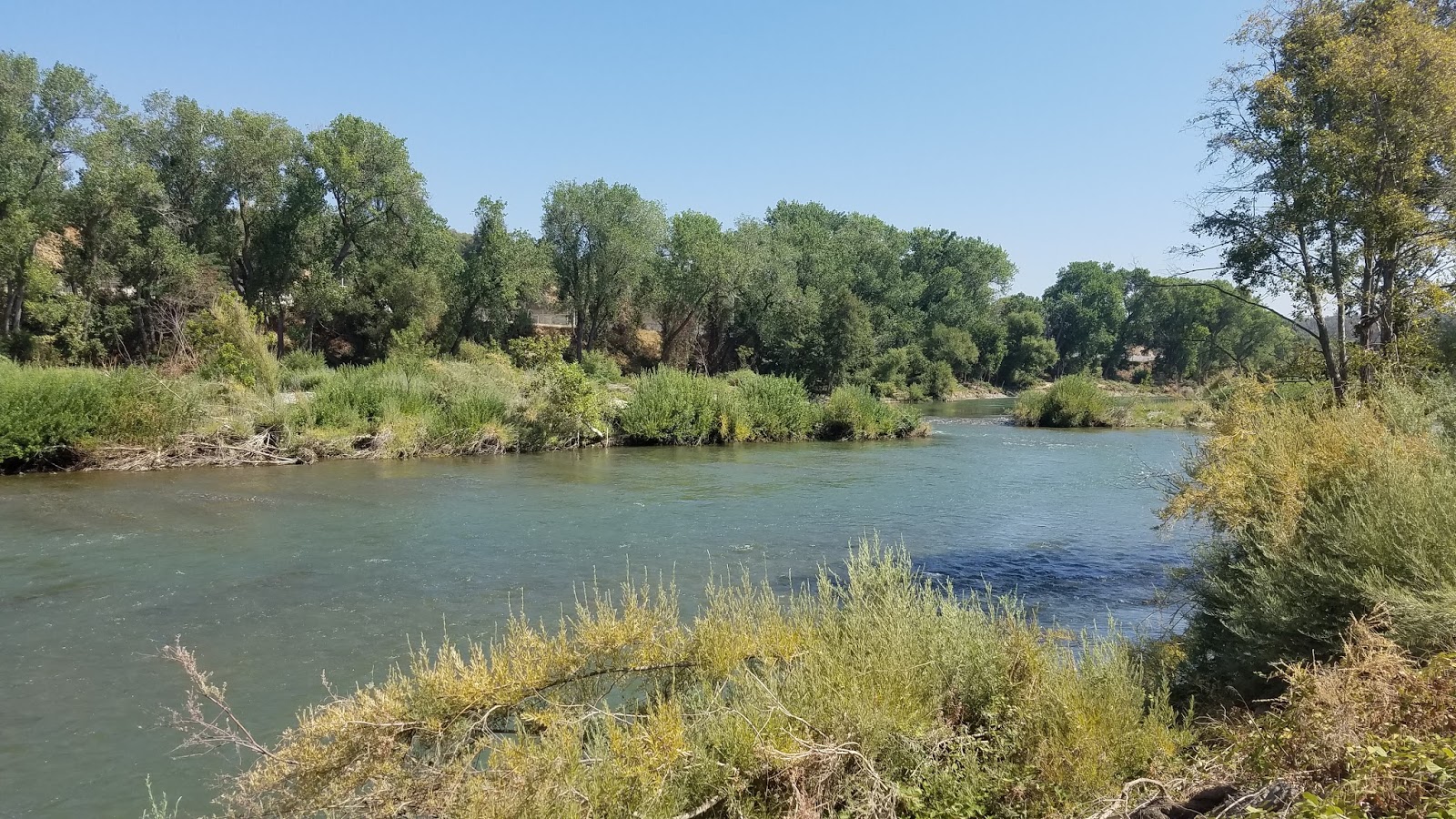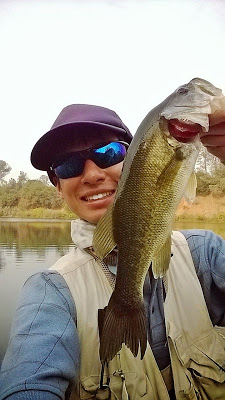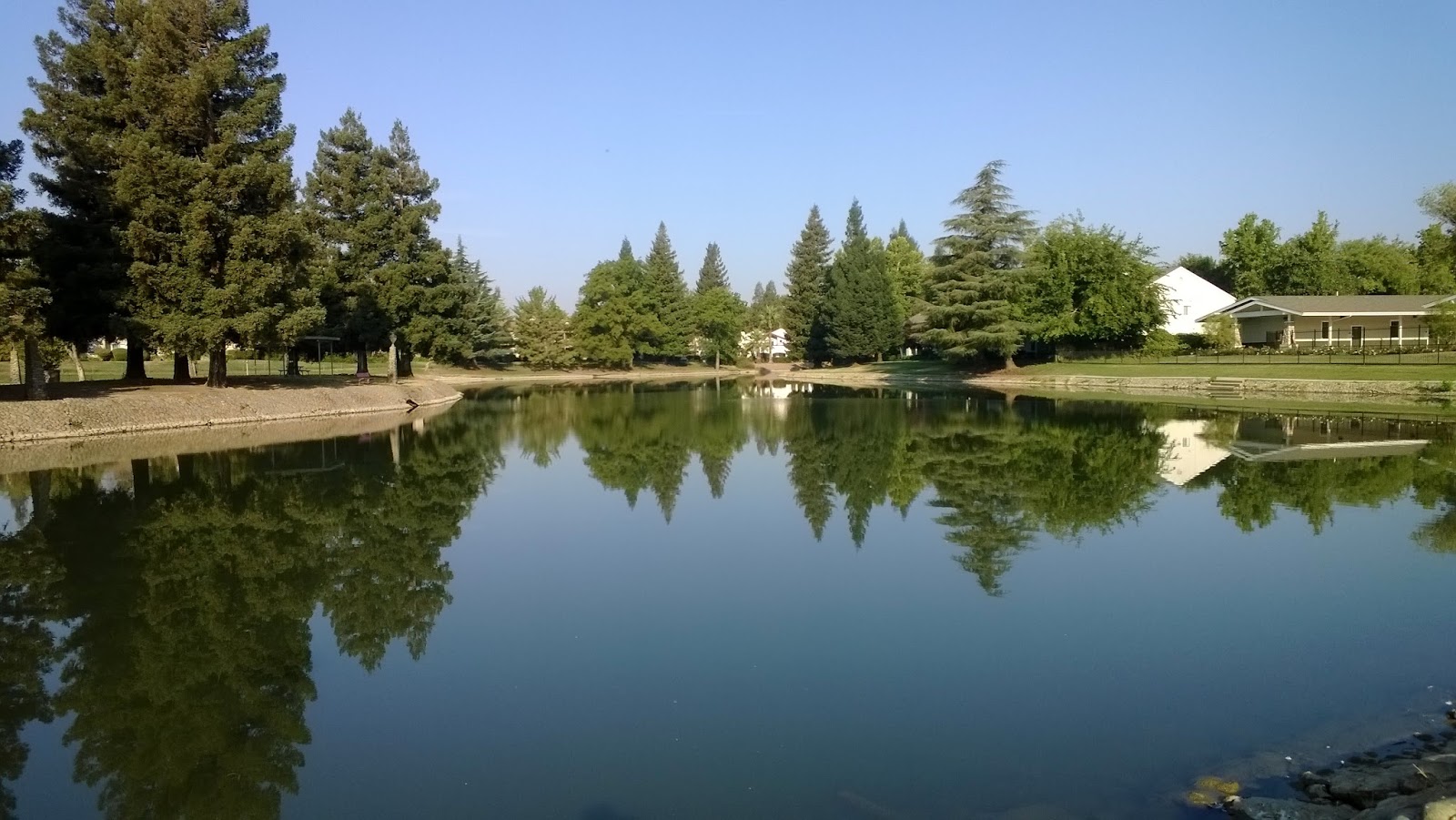 |
| North Ellis Lake |
After a long day of fishing you bring home a cooler full of a bass, bluegills, and crappie. The fish look healthy, no sores or anything unusual. You fillet the fish, batter them up, and throw them into the frying pan. The aroma of fresh fish smells absolutely amazing. You’ve invited a few local buddies over for a good ole fish fry with plenty of fried fish and beer to go around. “These fish taste great! Where did you catch them?” asks a friend. “Oh, I caught them from Ellis Lake!” Everyone immediately stops eating and stares at their plate. Their faces in shock and a tingle of terror runs down their spines as they realize what they’ve just eaten.
You sir, are an asshole.
The original purpose of Ellis Lake was to serve as an overflow area for
the Feather River. That purpose has long since been abandoned and now
Ellis Lake is pretty much a retention pond. The water diverts to
nowhere, therefore the lake becomes polluted by the structures and
things that surround it.
When Ellis Lake was in its prime, the water had less pollutants and healthier fish. I heard from Tom, one of my Ellis Lake buddies that fishes the lake often, that ten years ago someone pulled a 14-pound bass out of the lake. The picture of the bass was posted at a now closed bait shop off North Beale Road. These were the times when there were bigger fish in the lake and taking home a few smaller ones to eat was probably okay. Less contaminants were around and the water was a bit cleaner.
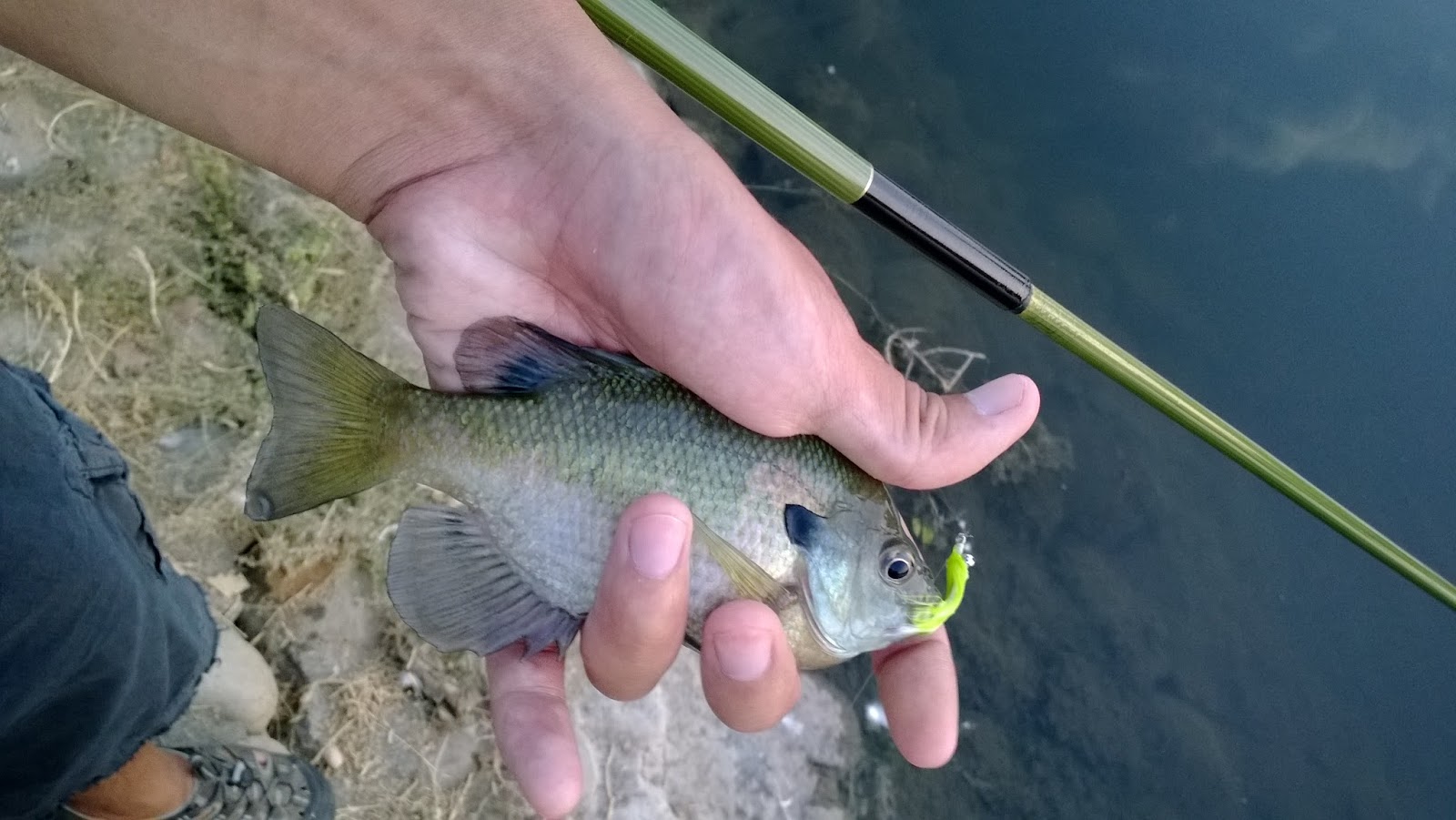 |
| First Tenkara Bluegill |
Flash forward ten years later, the water has become very murky with a lot of debris, mostly
feathers and litter, that float on top. Although the water is
disgusting, the fishing can be good for fish less than 10 inches. If you
catching anything bigger than that good for you! While fishing the lake a few days ago, I was catching crappie after crappie. I heard they are good tasting fish and was almost tempted to take some home but my instincts got the better of me. Don’t eat these fish! You know you’re not suppose to!
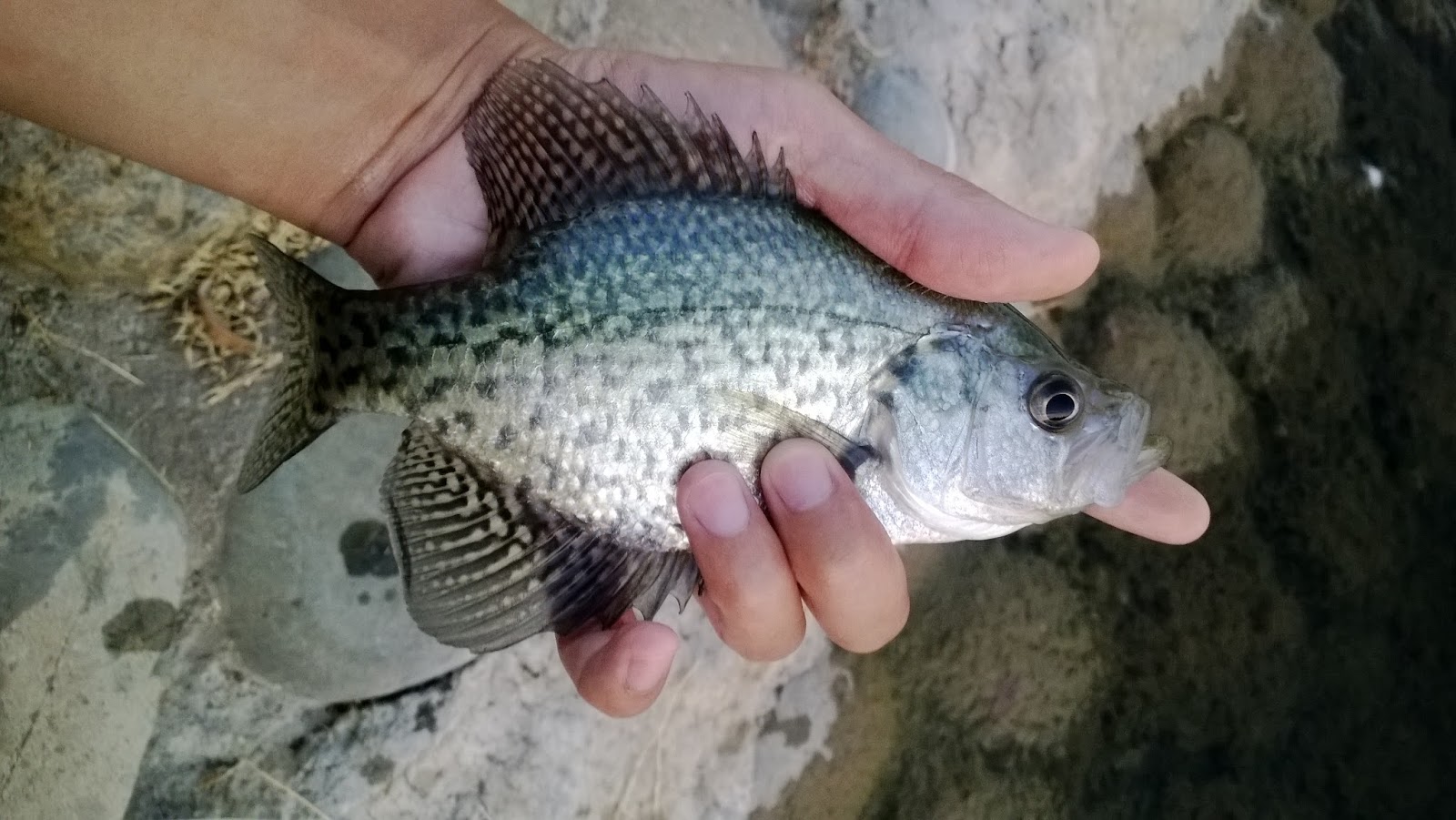 |
| Temptingly Delicious Crappie |
I understand that fishing is often a means of survival. A lot of people fish so they can feed their families. No fish, no dinner. But let me tell you something about surviving off your catch, you’re not gonna live very long if you keep eating fish from Ellis Lake!
(adsbygoogle = window.adsbygoogle || []).push({});
Here are some facts about why you shouldn’t eat fish from Ellis Lake.
E.Coli.
- This bacteria is found in our intestines and the majority of the strains are harmless. But certain notorious strains of E. Coli can cause gastroenteritis (infectious diarrhea), urinary tract infections, and neonatal meningitis (swelling of the membrane). E.Coli is often found in contaminated water or food.
- Fecal matter can contain E. Coli that can contaminate a water source. Ellis Lake is full of geese and ducks that leave their feces on the benches, grass, buildings, and sidewalks. When someone sprays it down or when it rains, the feces are washed into the lake as runoff. There is no freshwater coming into the lake and no water leaving the lake. You do the math.
Mercury in bigger fish
- The bigger the fish the more mercury it has accumulated. Fish that feed off other fish such as bass are notorious for having more mercury the older and bigger they get. This reasoning is easy to follow. Small fish have a bit of mercury from eating what they eat. Big fish eat small fish and bigger fish eat big fish. The mercury food chain.
Toxin storage in fat and skin
- When a fish eats something that is contaminated, the toxins get stored in their fat. Fat is flavor therefore I don’t think the fish from Ellis Lake would taste very good. Nevertheless you are eating fat toxins that a fish has accumulated throughout its age.
- Ellis Lake is most likely full of toxins from all the garbage that ends up in it. The fish probably eat some it too unfortunately.
Bottom Line:
Don’t eat fish from Ellis Lake.
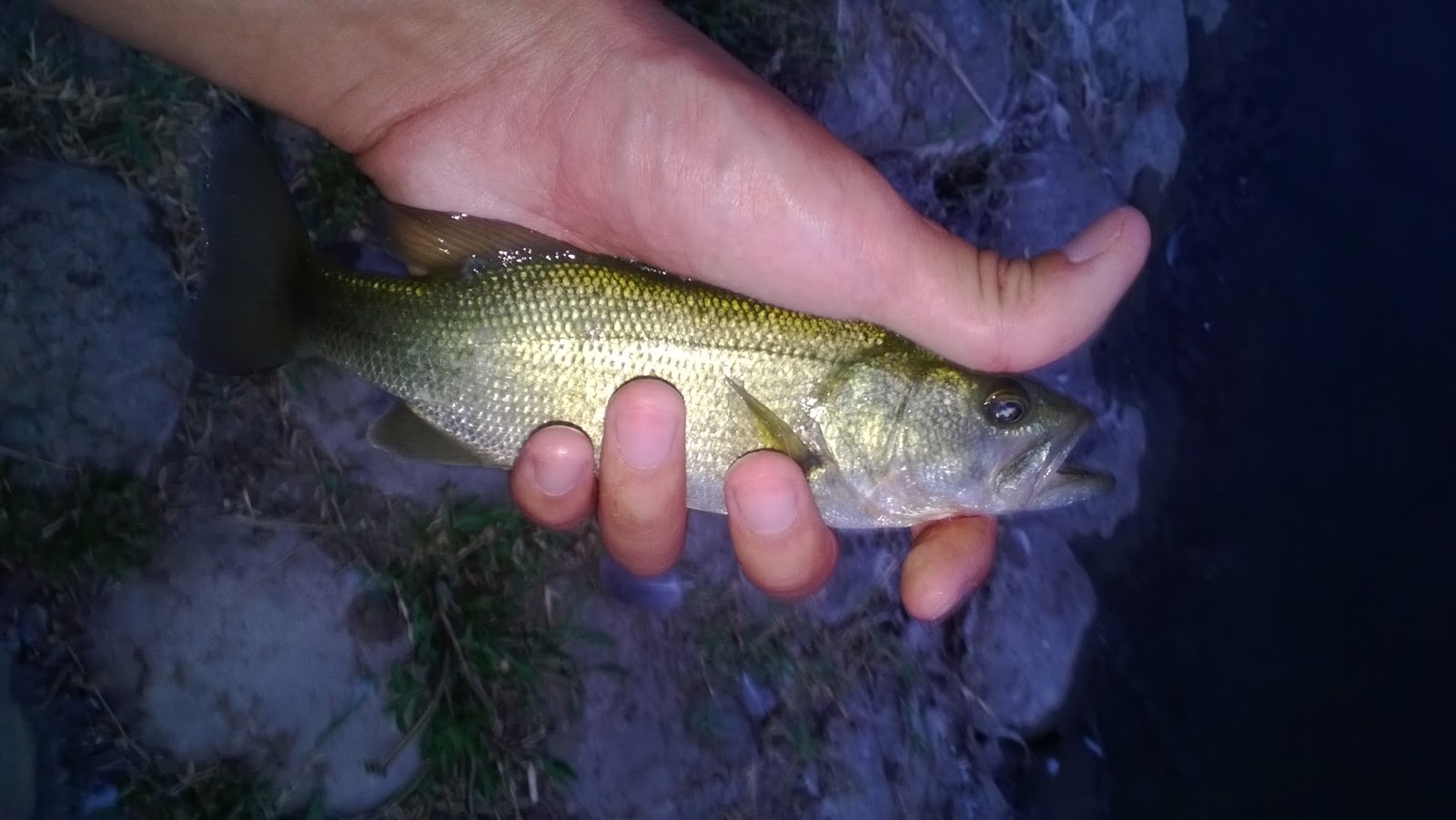 |
| No Eating Please |
